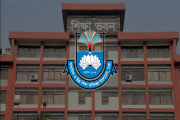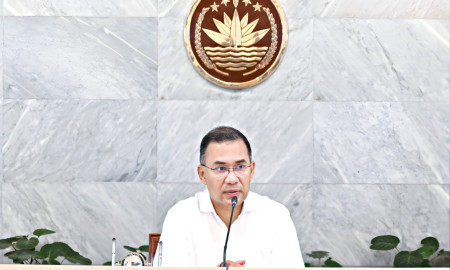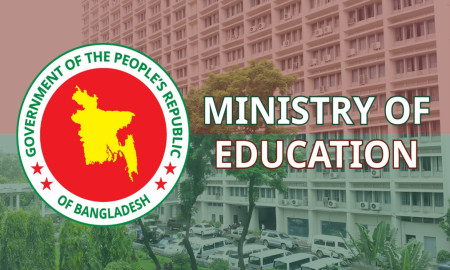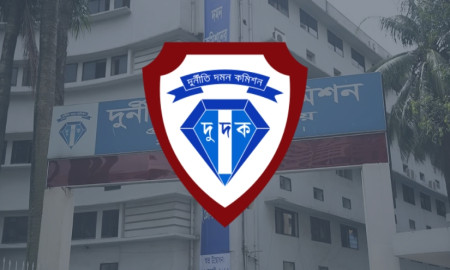71% of Milestone students, teachers still suffer sleep disorders months after plane crash
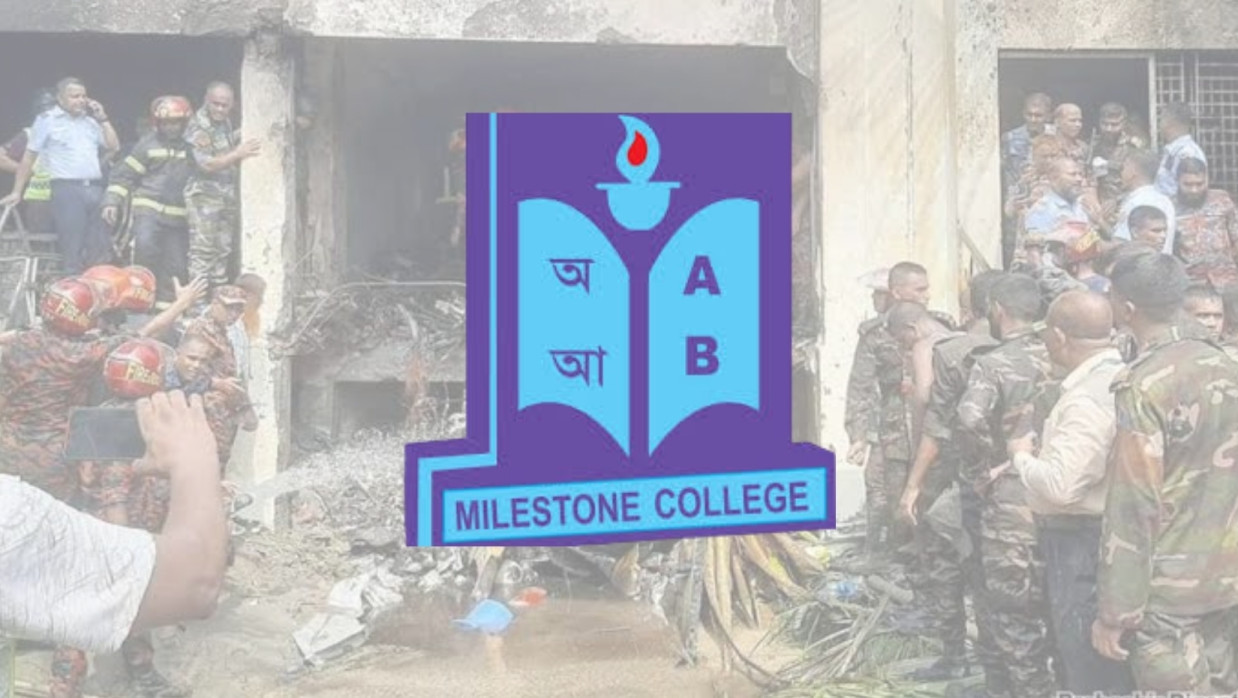
A year after the tragic plane crash at Uttara's Milestone School and College, 71 percent of the institution's teachers and students continue to experience sleep disturbances, with a significant number of affected children staying home due to mental health issues.
These findings were presented at a programme on World Mental Health Day at Bangladesh Medical University (BM&MU) on Saturday.
Mental health experts at the event said survivors—teachers, students and parents—are grappling with abnormal psychological conditions, with severe impacts on children. Immediate treatment is essential.
Registrar of the National Institute of Mental Health Dr. Arifuzzaman said a study on 255 teachers, students and parents from Milestone revealed 71 percent facing insomnia, 29 percent irritability, 26 percent flashbacks, 26 percent loss of appetite, 20 percent attention deficits, and 20 percent disinterest in work.
He added, “Many children are staying home, unable to sleep at night. Even those absent on the day are traumatized. Some contemplate suicide. We treated one such student with some success.”
The event opened with an awareness skit, followed by presentations on mental health of July uprising injured and Milestone crash witnesses.
Keynote speaker Dr. Nazmul Huda Bappy shared findings from a study on 127 July uprising injured: 82.5 percent suffer moderate to severe depression, and 64.1 percent PTSD.
He noted, “69.6 percent are low- or middle-income; 89.4 percent wounded by gunshots. 81.1 percent received timely treatment, while 10.1 percent faced delays.”
Milestone Principal Mohammad Ziaul Alam said, “We lost 28 students from classes 3 to 8, three teachers, three parents, one ayah, and two pedestrians.”
He added, “Students who weren't at school that day can't sleep, haunted by visions of the plane crashing. One rescuer, Simon, panics at plane noises or the school's name.”
Primary and Mass Education Adviser Dr. Bidhan Ranjan Roy Podder said, “In our society, even educated people, including doctors' families, shun mental health services. We must identify and treat them.”



